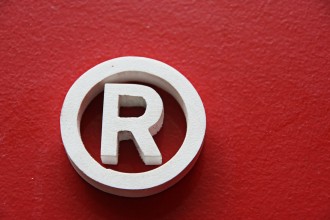November 5, 2019
Joel Samuels Interviewed by Bloomberg Law about Columbia Professor’s Copyright Fight
Harness IP Principal and St. Louis intellectual property litigator Joel Samuels spoke to Bloomberg Law about the ongoing conflict between Columbia University and the copyrights to a Columbia professor’s encyclopedia series about Iran.
The case could help settle a confusing area of copyright law that places academics and professors outside of the usual legal framework. The law generally states that employees do not own works created within the scope of their jobs, although universities have typically allowed professors and academics to hold onto copyrights, preferring instead to press for patent rights.
Professor Ehsan Yarshater, who passed away in 2018, began working on Encyclopædia Iranica in 1973. He assembled dozens of volumes of the work and included contributions from more than 1,000 scholars. Yarshater established the Encyclopædia Iranica Foundation in 1990 (according to the Foundation’s website) with the mission to “to ensure the uninterrupted and permanent continuation of the Encyclopædia Iranica …”
Starting in 2003, the foundation began listing itself as the copyright owner for new volumes of work. Columbia claims it never authorized this change or even knew about these copyright registrations until 2017.
The foundation alleges that Columbia has infringed its copyrights along with co-defendant Brill Publishing. Columbia alleges that the foundation is interfering with the business of its Center for Iranian Studies, which Yasheter founded before he began work on the encyclopedia.
Interestingly, the foundation’s complaint does not mention if Yarshater used the university’s facilities to help create the works. If he had, it would have made it easier to Columbia to claim it has rights.
On the other hand, Columbia’s complaint does not mention if Yarshater ever signed a contract transferring his rights to the university. Instead, it relies on its own policy on the topic, which could make it harder to claim the rights.
“These types of unsigned, blanket policies do not have the power to automatically assign rights,” says Samuels. “Without a contract, the case will likely hinge on whether Yarshater’s employee agreement included creating the Encyclopædia Iranica, which would have taken a significantly broad employee agreement,” he adds.
The case is set to proceed before the U.S. District Court for the Southern District of New York.
For now, academics, professors, and school administrators would be wise to address in writing who will own the rights to their works and have both parties sign off.
…



